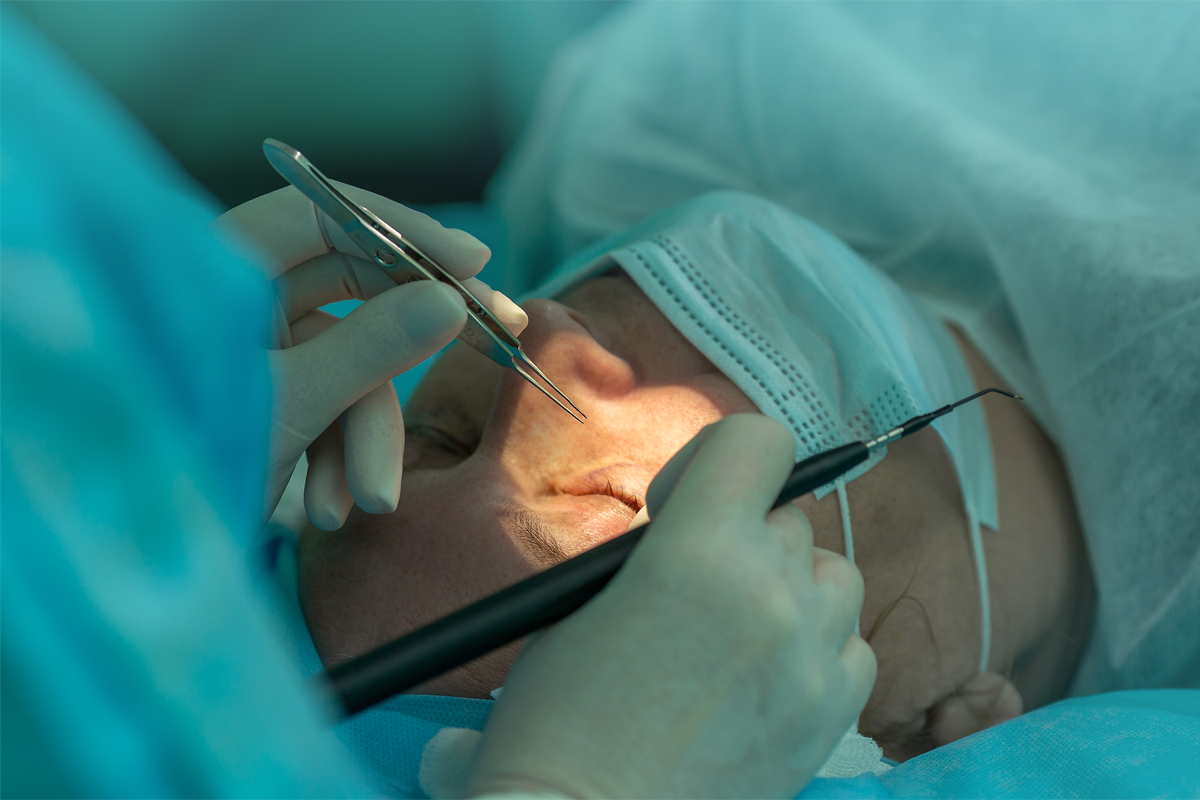Search This Blog
We are attempting to raise awareness about various medical value travel options in order for everyone to receive inexpensive medical care on time.
Featured
- Get link
- X
- Other Apps
FOLLOWING A KIDNEY TRANSPLANT: WHAT TO DO
The human body is a marvel of engineering, with several organ systems working together to achieve the end goal of self-sufficiency. The elimination of waste produced as a consequence of metabolic processes in the body is a vital function of the kidneys. A multitude of diseases and other factors can cause kidney injury. A kidney transplant is the only means to save the patient's life if medical treatments are unable to repair the damage and the kidneys fail. A transplant is a challenging medical procedure that involves a number of medical and legal issues.
The host immune system rejecting the organ because it was obtained from another person is the main barrier to transplantation. So, after a kidney transplant, a person's everyday life revolves around taking care of themselves and taking immune-suppressing medications in steadily increasing dosages.
The effects of having failing kidneys are no longer an issue, which significantly enhances the patient's quality of life after a kidney transplant. Drowsiness, extensive edoema, and fever are symptoms. Due to the advent of cutting-edge drugs, the success rate of kidney transplants in India has dramatically increased in recent years. Nowadays, medical professionals may undertake transplant procedures on HIV-positive individuals as well as in cases when the recipient's and donor's blood types are incompatible.
INDIA'S HOSPITALS AND KIDNEY TRANSPLANTATION
As a kidney transplant is a challenging medical procedure, it cannot be carried out in a small clinical setting. A new study by the American Psychological Association (APA) has found that the number of people who report having a mental illness has increased. The two most common types of kidney transplants are kidney transplants from living donors and kidney transplants from deceased donors.
Depending on the city and institution, kidney transplants in India cost different amounts. Pre-op exams are included in the average operation cost of $13500.
AFTERCARE TIPS FOR KIDNEY TRANSPLANTS
A kidney transplant is a tough medical operation that puts the body under a lot of pressure. The patient's most important post-kidney transplant therapy is to take their meds on a regular basis as advised by their medical physician.
This is critical since they are immunosuppressants that considerably enhance the prognosis of the transplant operation.
IMPLEMENT AN ANTI-REJECTION MEDICATION.
The most challenging challenge a nephrologist has with a kidney transplant patient is fear of organ rejection. Anti-rejection medications are important to the transplant procedure's success. The precise titration of the doses of these drugs is crucial and varies from patient to patient. These essential decisions are made by the treating nephrologist.
High temperature, a rise in serum creatinine, the development of new pain and tenderness around the kidney, generalised edoema across the body, rapid and unexplained weight gain, a considerable decrease in urine output, and flu-like symptoms are some of the kidney transplant rejection signs.
TAKE CARE OF YOUR DIET
After a kidney transplant, a healthy and balanced diet is crucial for enhancing prognosis and preserving the donor kidney. Certain foods should also be avoided following a transplant. Unpasteurized milk, cheese, or yoghurt, uncooked or undercooked eggs, grapefruit or grapefruit juice, and pomegranate or pomegranate juice, especially if cyclosporine is prescribed, unwashed raw fruits or damaged fruits, unwashed raw vegetables, and unwashed salads are all foods to avoid following a kidney transplant. Meals should also be high in fibre and low in salt. Food-related decisions are not always straightforward. A lot of help is now available online.
DRAW UP YOUR EXERCISE ROUTINE
Exercise is an integral aspect of both healthy and chronically ill people's daily routines. Life after a kidney transplant necessitates a paradigm shift. Corticosteroids are commonly administered to kidney transplant patients. Some drugs have serious side effects, such as high blood glucose levels, osteoporosis, and muscular atrophy. Such detrimental consequences can be mitigated with regular exercise programmes. Also, cardiovascular disease is the primary cause of mortality among kidney transplant recipients. Frequent moderate exercise after a transplant may help to avoid these complications. As a result, patients must maintain their workout regimen in order to receive the best benefits.
VACCINATION AFTER KIDNEY TRANSPLANT
Transplant recipients should get age-appropriate inactivated immunisations after a kidney donation but should avoid live vaccinations. The timing of immunisation is also important. Because the patient is subjected to substantial immune suppression for the first 3 to 6 months following transplant, the immunological response to the immunisation offered is inadequate. Vaccinations are required after 6 months. Drugs, diet, and regular exercise are all important aspects of kidney transplant aftercare.
MENTAL HEALTH AND KIDNEY TRANSPLANT
Since a transplant is a major medical procedure involving substantial psychological and physical changes for both the patient and his or her family.
Many individuals experience psychological instability and may develop depression following a kidney donation. Mood swings and kidney transplants may be linked due to the usage of strong medicines as well as other changes that occur as a result of the donation. Throughout the transplant procedure, both before and after surgery, the patient must maintain psychological stability. In such instances, it is important to consult with a psychologist online to get appropriate guidance through the difficult journey.
- Get link
- X
- Other Apps
RECENT READS

Managing Diarrhea Post-Kidney Transplant: Effective Treatment
- Get link
- X
- Other Apps

Revolutionizing Eye Care: Shinon Global's Impact on Cornea Transplantation Worldwide
- Get link
- X
- Other Apps

Comments
Post a Comment